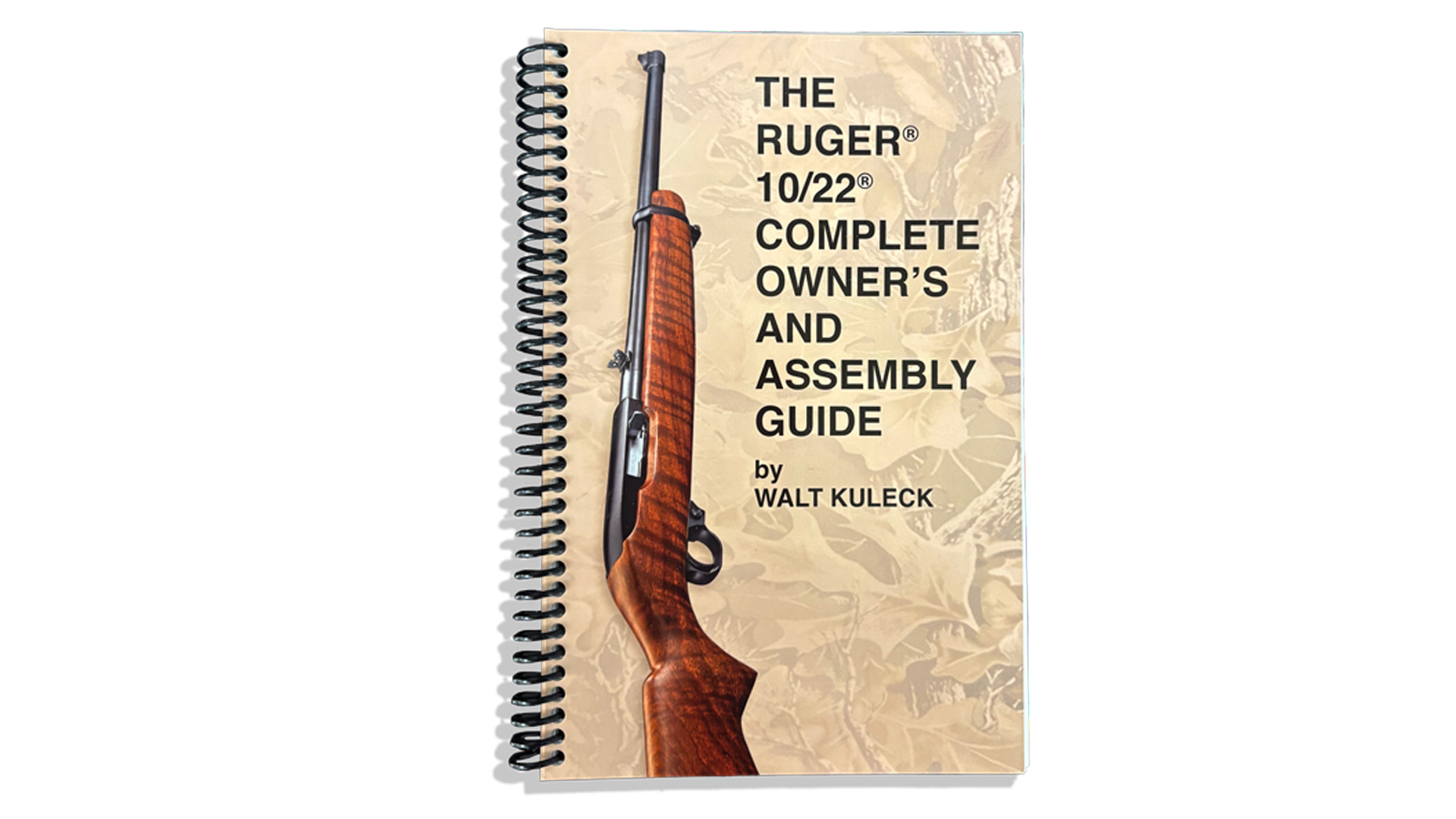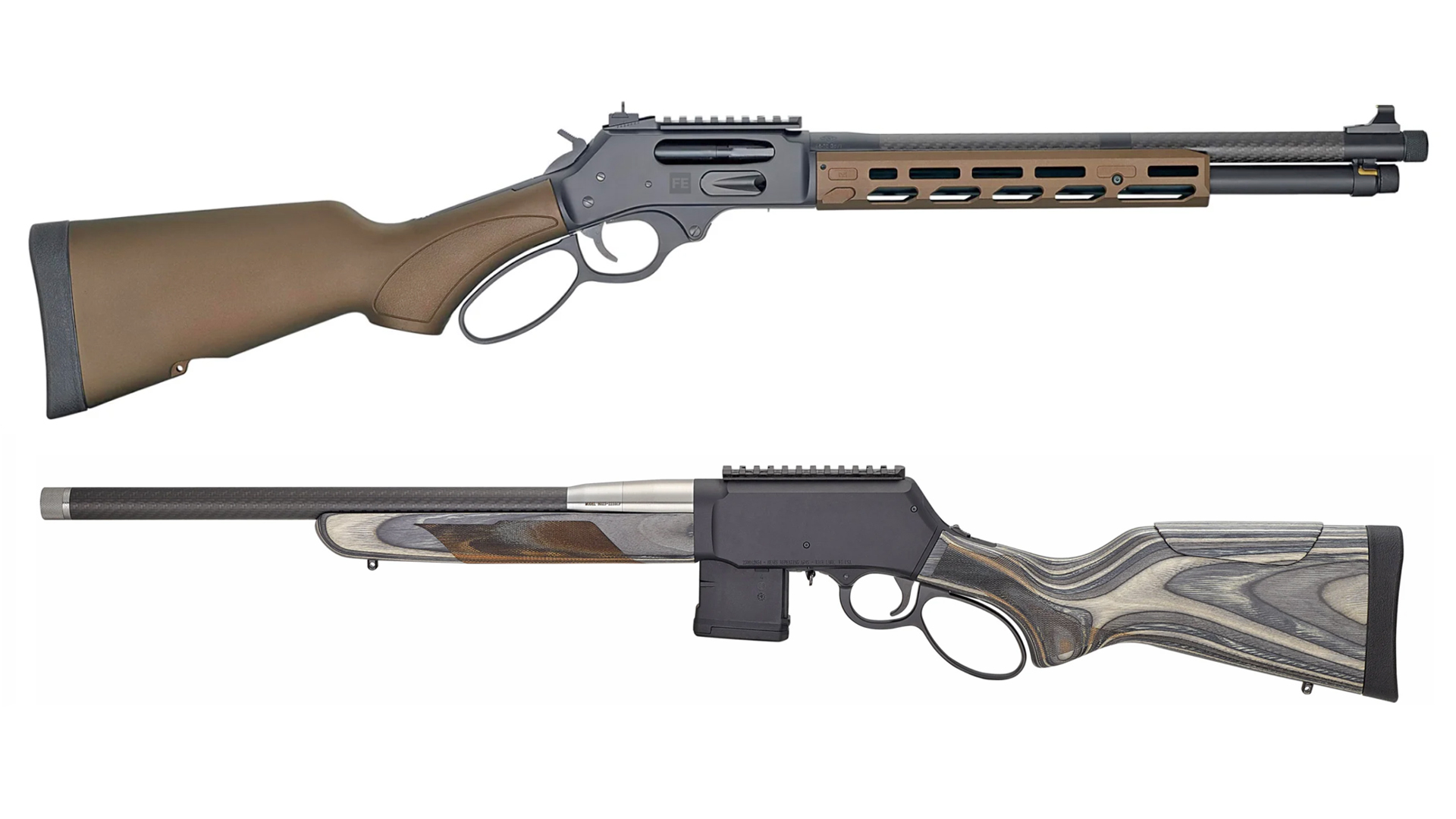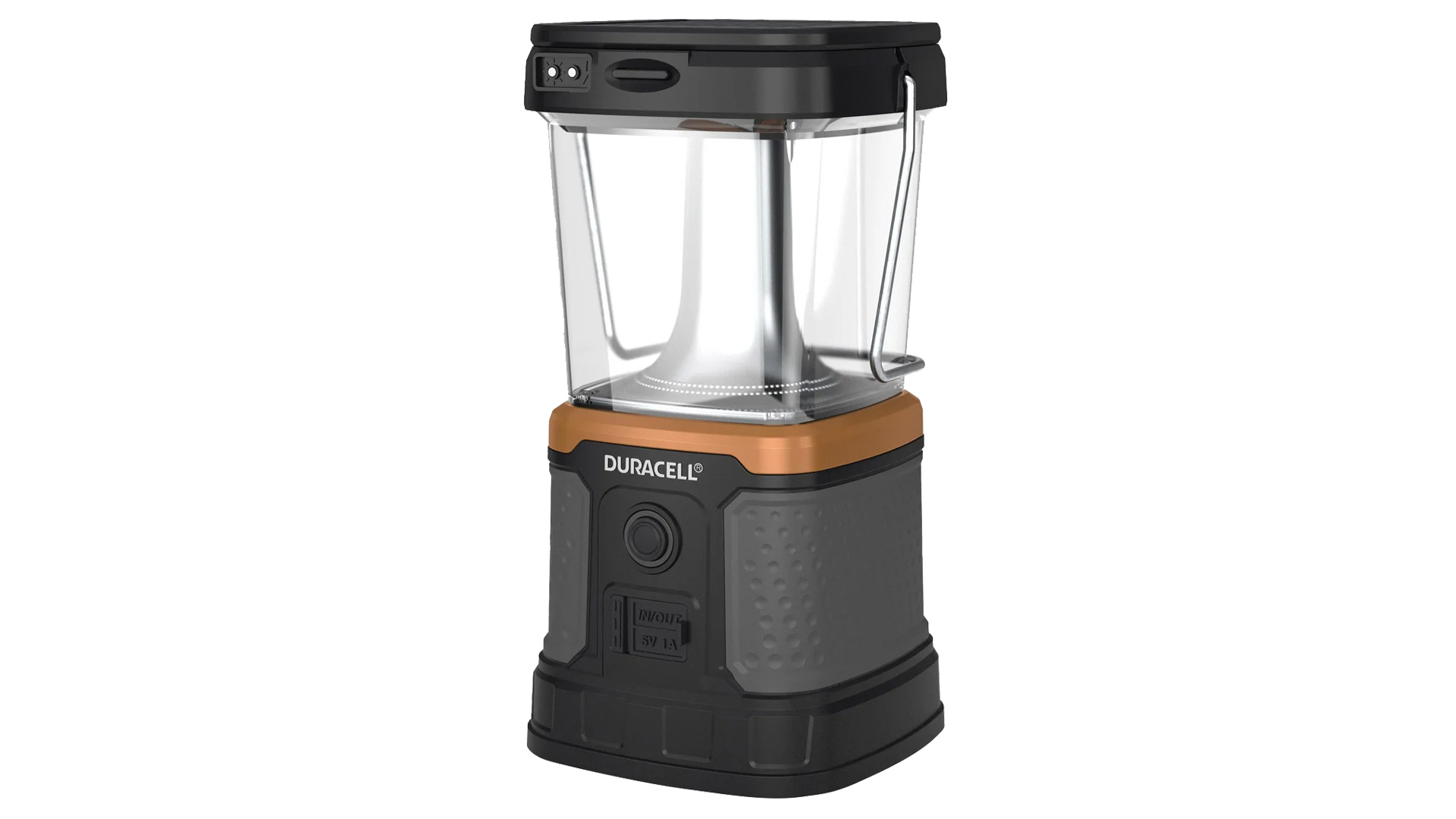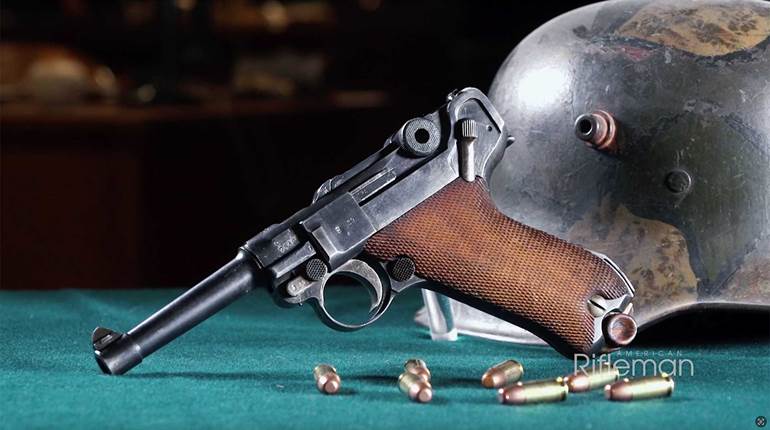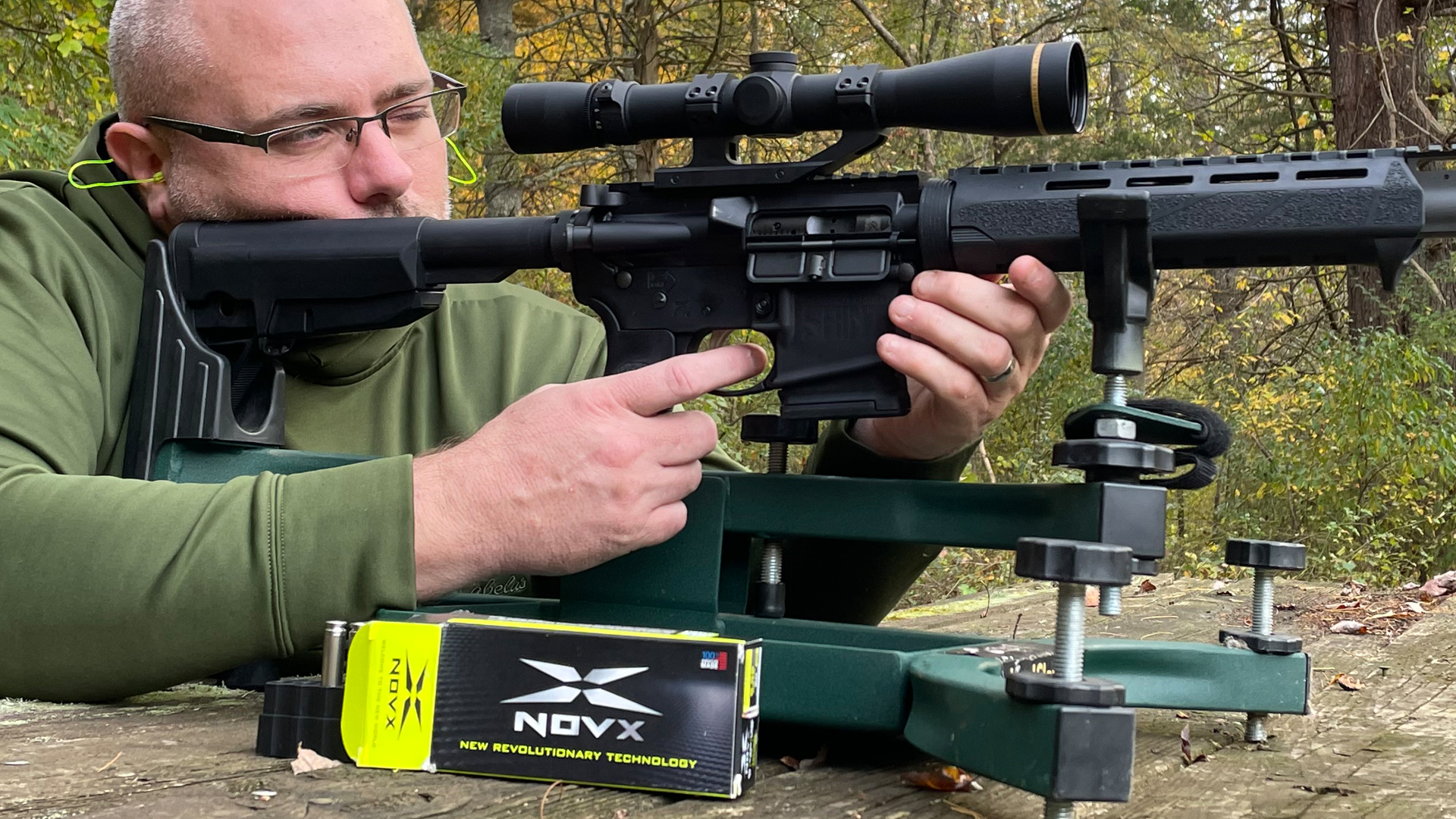
It has been only a few years since Calhoun, Ga.-based NovX Ammunition (novxammo.com) announced—and immediately created quite a buzz around—its unique Engagement: Extreme Self-Defense ammunition, which featured injection-molded, lead-free, light-for-caliber, non-expanding bullets with a most distinctive appearance. The latter wasn’t just for aesthetics; rather, the polymer-copper bullet’s patented, three-flute design transferred forward energy laterally. When rotating in excess of 100,000 revolutions per minute (r.p.m.), it forced fluids outward and upward at twice the speed of the bullet itself, resulting in devastating cavitation.
An atypical bullet was only one part of NovX’s one-off package, however; it was paired with U.S.-made NAS3 bi-metal cases from Shell Shock Technologies (SST), which offered copious benefits. Besides exhibiting a 50 percent weight savings, the cases are reported to be twice as strong. What’s more, the aluminum primer base is easier on a firearm’s breech, extractor and ejector, while the nickel-alloy stainless-steel cylinder is corrosion-resistant and naturally magnetic, hastening cleanup on the range. Other advantages include: easier observation (for press checks), higher tensile strength, smoother cycling, less post-firing heat retention, no “ballooning” in an unsupported chamber and higher velocities (due to less energy absorption). Fulfilling Demand
Fulfilling Demand
While countless shooters have recognized, and taken advantage of, the benefits of NovX Engagement: Extreme Self-Defense ammunition, there are always traditionalists—not everyone has subscribed to the concepts behind these futuristic loads. As such, the company needed to diversify. This was aided by a unique opportunity and market chaos.
“In 2020, a couple of significant events occurred that helped usher in the [new] Pentagon line of ammunition,” explained Scott Schultz, president of Timberghost Tactical, LLC; DBA, NovX Ammunition. “First, the FBI contract was awarded to NovX for high-performance ammo, but not utilizing our copper-poly projectiles. They requested a metallic, lead-free bullet option, which we had access to through one of our key vendors who also supplies the U.S. military with solid copper projectiles.”
“At the same time, the gun and ammo market had reached a fever pitch,” Schultz said. “Any available inventory was quickly swept up by our buyers, who [then] distributed NovX ammo to a long list of retailers and eager customers. Working closely with these key distributors, we were aware of a gap in the market for truly high-performance, lead-free ammo with a monolithic copper projectile.” The company debuted its first load in the Pentagon series, a 115-grain 9 mm Luger, in late 2020.
The addition of a monolithic copper hollow point (MCHP) appealed to those customers clamoring for a classic bullet design. “While Engagement: Extreme defense ammo is hugely popular,” Schultz said, “there is a market segment that prefers a heavier, pure metallic projectile that produces impressive terminal performance from the traditional hydraulic transfer of energy.” Between Engagement: Extreme and Pentagon, NovX now covers the majority of consumer demand for defensive ammunition—from law enforcement to everyday carry.
Pentagon Detailed
As mentioned above, the Pentagon line utilizes a monolithic copper hollow-point projectile, however, there are notable differences across the cartridges. “Within the world of pure copper bullets loaded for defensive purposes, there are primarily two options,” Schultz said. “These are petal, or mushroom, designs and the fragmenting design. We continue to test both the petal-type projectiles as well as the fragmenting bullets. Both perform extremely well at the higher velocities and show an excellent balance of penetration and expansion/wound channel(s). These designs are an engineered combination of open-tip projectiles along with the type of the copper used to make each.”
As an example, the 115-grain 9 mm Luger hollow-point bullet is made from “softer” C110 copper, which, due to its malleability, results in traditional petal expansion at normal velocities. All others in the line, however, are machine-turned from “harder” C146 copper that fragments into multiple sections upon impact, thereby creating several smaller wound channels as opposed to a single large one. Why the difference? Simple. NovX uses a different manufacturer for the 115-grain, 0.355"-diameter projectile.
Outside of the outlier mentioned above, in the Pentagon series, NovX currently loads an 80-grain .380 ACP, the same projectile in 9 mm Luger (not yet listed on the website), a 55-grain 5.56 NATO and 125-grain .300 Blackout.
You’ve probably noted that, although the copper projectiles are heavier than their copper-poly counterparts, they’re still lightweight. This is due to the density (and thus weight) of copper, which is 8.96 gr./cc. Increasing weight lengthens a projectile, which can reduce propellant capacity and affect stabilization. According to Schultz, the bullets will stabilize in common twist rates, including the .22-cal., 55-grain bullet, which will work in either a 1:9"- or 1:10"-twist rifled barrel.
Beyond material characteristics, the company prefers going lightweight for another reason. “In the calculation of kinetic energy, the value of velocity is factored twice (actually, it’s squared), while bullet weight is factored only once,” Schultz said. “The fast [lighter] bullet has far more energy than a slower, heavier bullet.” It’s the Roy Weatherby approach. Lightweight projectiles also reduce perceived recoil and muzzle flip—no small concern for personal protection.
But there’s a caveat. “With speed, there is a real-world need for balance, too,” Schultz said. “In other words, too light of a projectile, even at extreme speeds, may not penetrate or perform as needed. The perfect combination of projectile weight, construction and speed is required to have a premier round of defense ammo.”
NovX reports that the standard-pressure 115-grain 9 mm load hits 1,300 f.p.s. for 431 ft.-lbs. of energy, while the upcoming 80-grain offering purportedly attains 1,700 f.p.s. for 513 ft.-lbs. The same projectile is traveling 1,150 f.p.s. from the .380 ACP, which translates to 235 ft.-lbs. of energy. Meanwhile, the 5.56 NATO’s 55-grain bullet is propelled to 3,340 f.p.s. for 1,360 ft.-lbs. of energy at the muzzle, and the 125-grain .300 Blackout round attains 2,080 f.p.s., resulting in 1,201 ft.-lbs. of energy. Schultz reported that the latter two offerings can be used on varmints, feral hogs, whitetail deer and similar-size game. Of course, refer to your state’s game regulations to ensure it is legal there.
Although Pentagon’s homogenous, lightweight copper bullets are important to the ammunition’s terminal performance, it’s the exceptional case and what’s contained within that is the facilitator. Like the Engagement: Extreme series, Pentagon ammunition features bi-metal cases from SST. When available, within those innovative cases are found propellants that maximize external ballistics. More on that shortly.

Testing & Evaluation
To evaluate NovX Pentagon ammunition, I acquired samples of the 115-grain 9 mm Luger, 55-grain 5.56 NATO and 125-grain .300 Blackout loads. These would be fired through a SIG Sauer P250 Subcompact, a Springfield Armory Saint topped with a Leupold VX-3i 4.5-14X 40 mm scope and a Ruger American Ranch Rifle topped with a Leupold VX-1 4-12X 40 mm scope, respectively. Accuracy testing consisted of firing five consecutive, five-shot groups. Testing began with the 9 mm Luger at 7 yards.
From a Browning sandbag rest, the P250 Subcompact delivered respectable accuracy with the NovX ammunition. The smallest group measured 0.97", while a flier enlarged the largest cluster to 1.53". The mean was 1.12".
The rifle ammunition was tested at 100 yards from a Caldwell Lead Sled Solo. From the Saint, the Pentagon 5.56 load averaged a respectable 1.18" for the 25 shots, though a pervasive, unexplained stray in most groups greatly increased that mean. The single smallest group measured 1". Both the smallest and largest groups, measuring 0.88" and 1.69", respectively, were produced using the 125-grain .300 Blackout load. The average was 1.33", which is more than adequate for self-defense and hunting medium-size game at practical ranges.
With accuracy testing complete, I transitioned to chronographing. Two different units were used for this task. According to the Competition Electronics ProChrono LTD chronograph, from the SIG Sauer P250’s 3.6" barrel at 10 feet, the 9 mm Luger Pentagon load averaged 1,158 f.p.s for the 10 consecutive shots—142 f.p.s. slower than the published velocity. This is likely due to the abbreviated barrel of the P250 and/or unavailability of the company’s preferred propellant. The standard deviation (Sd) of 8 f.p.s. proved that the load’s shot-to-shot consistency was good.
Over a barrel-mounted MagnetoSpeed Sporter chronograph, the NovX Pentagon 5.56 NATO offering averaged 3,150 f.p.s, while the .300 Blackout had a mean of 2,154 f.p.s. Whereas the 5.56 load fell shy of the published number by 190 f.p.s.—fully expected from a 16" barrel—the .300 Blackout bested published velocities by 75 f.p.s., despite traversing a short, 16.13" barrel. That was unexpected. The Sds were 29 f.p.s. and 12 f.p.s., respectively.
Lastly, to evaluate Pentagon’s terminal performance, I fired a round each of 115-grain 9 mm Luger and 55-grain 5.56 NATO into the two Clear Ballistics 10 percent ballistic gel blocks I had on hand. Having received recovered 9 mm bullets from NovX weighing 112 and 115.3 grains with widths of 0.543" and 0.613", respectively, I knew what to expect, however, it was, frankly, spectacular to experience. From 7 yards, the MCHP expanded perfectly and penetrated to approximately 13.5". Expansion was consistent with the samples received. The 55-grain MCHP penetrated about 1.75" before violently fragmenting and, naturally, causing significant damage. The majority of the sizeable pieces came to rest between 7" and 10". Both were devastating terminally.
During testing, there were no failures to feed, fire, extract or eject, and though the cartridges fired aren’t known to be “stompers,” perceived recoil was modest for the performance attained. An oversize magnet made cleanup a breeze.

The Future Of Pentagon
Although the Pentagon series has several of the most popular chamberings covered, there are obvious omissions. That’s already being addressed as this is written. Schultz reported, “NovX is currently deep into R&D with several calibers, which will add to the solid-copper Pentagon lineup.” For instance, a 60-grain .380 ACP, a 105-grain .40 S&W load (with muzzle velocity approaching 1,750 f.p.s.) and a 130-grain .45 ACP are scheduled for release later this year. They’ll also join new ammunition in the Engagement: Extreme and CTC series. “The performance of this new NovX Pentagon round will quickly pump some energy and performance in the ‘old’ .45 ACP,” Schultz said. There will also be a 90-grain 9 mm Luger to join the lineup. The company has come back to its roots with these lightweight bullets.
Don’t fret; rifle cartridges aren’t being overlooked. “The 6.5 mm Creedmoor featuring a machine-turned, precision 127-grain copper bullet has passed pressure testing and is in the final test phases prior to its launch planned later this year,” Schultz said. Its velocity will be near 3,100 f.p.s. “The 7.62 NATO (.308 Win.) has passed initial military testing and is in its final testing prior to market launch. Both the 7.62 and the 6.5 Creedmoor rounds have shown incredible long-range accuracy and super-low Sds during testing.” Others include a 40-grain 5.56 NATO—approaching 4,000 f.p.s.—and a 100-grain .300 Blackout.
NovX, like other ammunition manufacturers, has been greatly affected by material shortages, and that’s impacting R&D. According to Schultz, “As with most ammo manufacturers, certain materials, such as proprietary high-nickel stainless steel and pure copper, which NovX uses, are in scarce supply, making the process and timing of introducing a new product line more difficult than ever.” Powder is also a problem. “Our go-to powders for most pistol loads are [Winchester] AUTOCOMP and Shooters World powder,” he added. “These both give us excellent performance and accuracy, especially in the +P loads. Unfortunately, powder supplies at the commercial level remain difficult. We simply do not have the most optimum powders in large volumes.”
Knowing what you now do, you’re probably wondering, “How much does NovX Pentagon ammunition cost?” Comparably speaking, for a premium, American-made product, it’s not bad. Given the highly fluctuating marketplace, though, it’s not prudent to list exact prices here—they’d probably be inaccurate the subsequent day. However, when checking several popular websites for purchasing ammunition, 20-count boxes are similar to those of other top-tier leadless loads—and well worth the cost.
With Pentagon, NovX has, undoubtedly, proven that it’s more than a one-hit wonder. By listening to customers and noting omissions in the marketplace, it has introduced a series that melds purpose-designed projectiles with an innovative case to maximize ballistics. It’s little wonder the company has so far enjoyed good success.












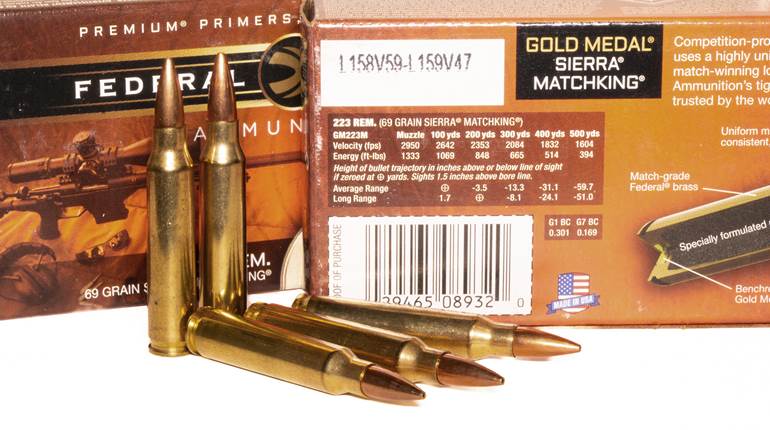
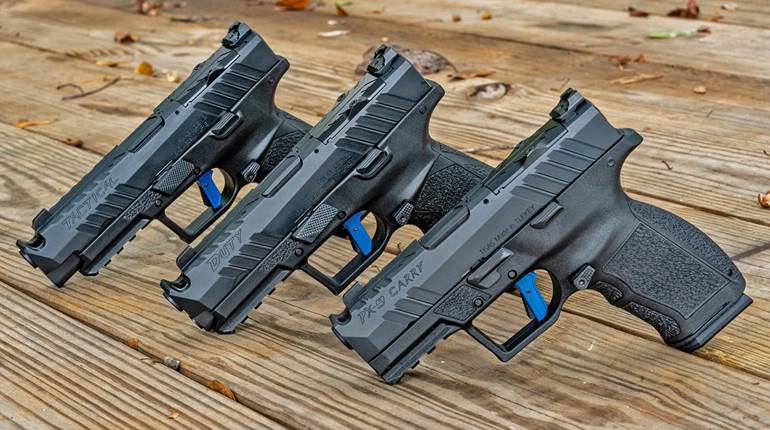
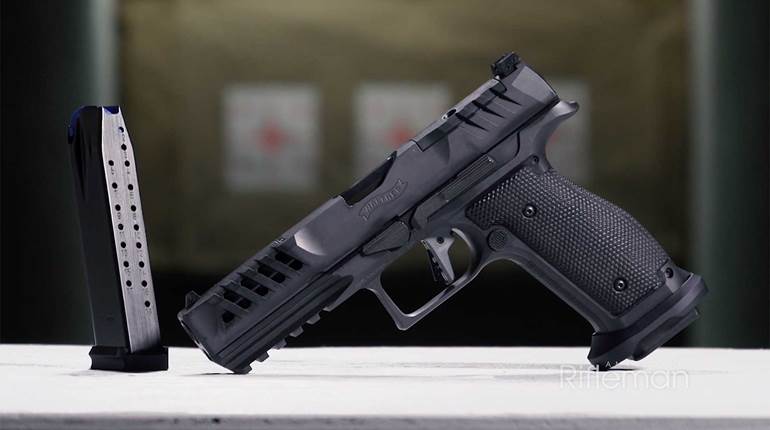
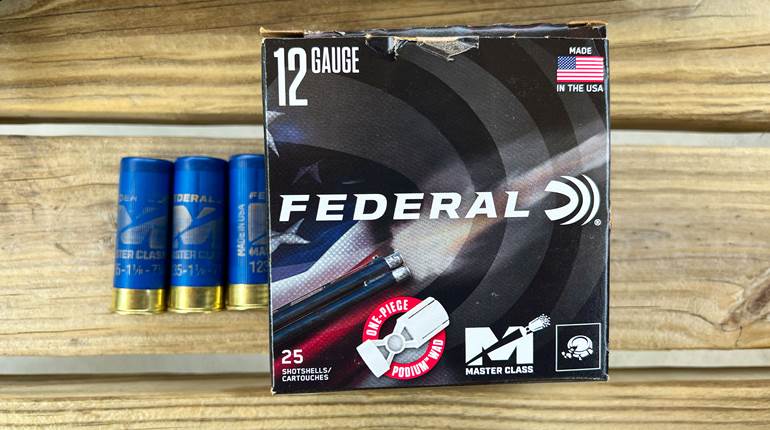



![Auto[47]](/media/121jogez/auto-47.jpg?anchor=center&mode=crop&width=770&height=430&rnd=134090788010670000&quality=60)
![Auto[47]](/media/121jogez/auto-47.jpg?anchor=center&mode=crop&width=150&height=150&rnd=134090788010670000&quality=60)

